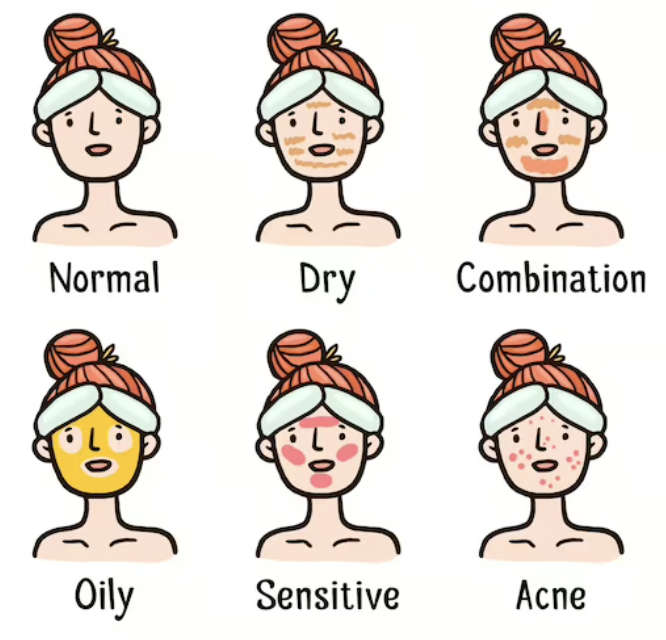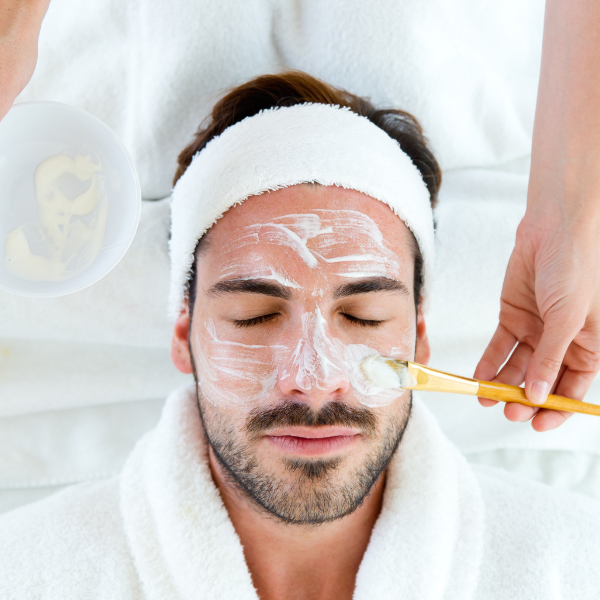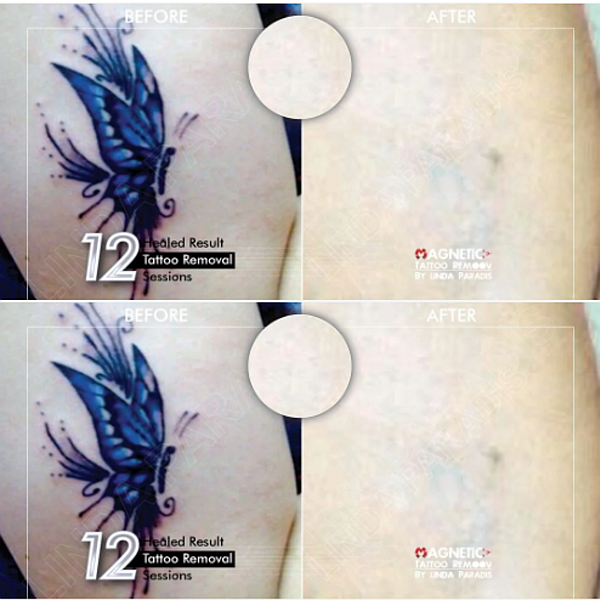Know Your Skin Type
Everyone’s skin is unique and it changes with age. That’s why you need an individualized skincare regime to keep your skin looking and feeling healthy. Here’s an overview of how to develop a customized skin care plan to put your best skin forward.
Understanding the 4 Basic Skin Types. Before creating a skincare regimen, you need to know what skin type you have. There are four basic types: normal, dry, oily, and combination. Each one requires a different skincare treatment to keep your skin looking healthy:
- Normal Skin: Normal skin is the least problematic in terms of appearance. It has good elasticity and a balanced level of moisture and color tone. This skin type requires a minimal amount of care — simply wash your face with a gentle cleanser at night to maintain a healthy glow. Also, apply sunscreen if you’re going outdoors for an extended period.
- Dry Skin: Dry skin is easily agitated by the sun, wind, and elements. It also feels itchy, flaky, and rough to the touch. In addition to washing your face morning and night, apply a daily moisturizer with sunscreen, and reapply frequently if you spend a lot of time outdoors. People with dry skin also tend to develop wrinkles earlier than their counterparts, so apply moisturizer frequently to avoid this.
- Oily Skin: Oily skin is the most acne-prone skin type and it usually looks greasy or shiny. This skin type is also characterized by enlarged pores and blackheads on the nose. If you have oily skin, avoid touching your face and keep your carbohydrate consumption at a minimum. Also, use a cleanser morning and night and an exfoliator often. You don’t have to worry too much about a moisturizer.
- Combination Skin: Combination skin is the most common skin type. It’s characterized by patches of oily skin on the nose and forehead, but normal skin on the cheeks and jaw line. If you have combination skin, use a gentle cleanser morning and night, paying particular attention to the areas where oil builds up. Make sure to wear sunscreen, too.
Considering Other Skin Factors. In addition to the four basic skin types, you may have to deal with other skin factors, depending on your age, genetics, and health. Take a look at these four other skin factors that affect the way you should take care of your skin:
- Sensitive Skin: Some people have sensitive skin that gets dry, itchy, and easily irritated by some skin care products. It is usually caused by a genetic factor. Sensitive skin is prone to reddish, scaly areas and acne breakouts. It requires special care with cleansers made specifically not to irritate the skin. Look for products that say, “hypoallergenic” and “for sensitive skin.”
- Skin of Color: In many ways, pigmented skin is more resilient than other types. However, some skin care products can cause hyperpigmentation and irritation. Therefore, if you have darker skin, you need to look for products specifically made for your physiology. The darker the skin you have, the more sensitive it is to certain abrasive skin care products. A simple skincare regimen with a gentle cleanser is best.
- Aging Skin: As your skin ages, it gets wrinkles and becomes more sensitive. The elasticity also suffers. Therefore, it’s important to use moisturizer more religiously as your skin ages. Also, you should never go outside without sunscreen because your skin is more sensitive to ultra-violet rays when you’re older.
- Cyclic Acne: Some people notice that they only get breakouts during certain times of the month. This is because hormones play a role in the oiliness of your skin. That’s why 90 percent of teens report problems with acne, and 40 percent have a hard time dealing with it, according to the Acne Resource Center (ARC). Puberty is the time that you are most prone to cyclic acne.











